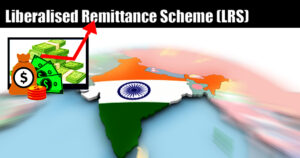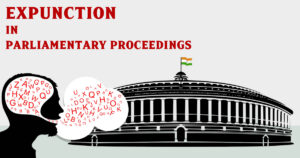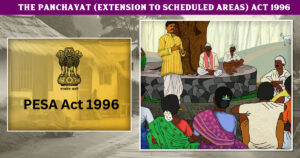Skip to content
The Allure and Challenges of the Civil Services
Mines and Minerals (Development and Regulation) Act of 1957
Maize Revolution and Production in India
Unlocking Rural Women’s Economic Potential
NPS Scheme for informal sector workers
Karnataka Gig Workers Bill 2024
Liberalised Remittance Scheme (LRS)
Stampede and Crowd Management
Expunction in Parliamentary Proceedings
Financial Devolution to Urban Local Bodies (ULBs)
Emergency Provisions in India
Sustainable Development in the Indian Himalayan Region
The Panchayat (Extension to Scheduled Areas) Act 1996
Power Markets in India and Their Working
Verification of EVM and VVPAT Units
National Monetisation Pipeline (NMP)
Solid Waste Management (SWM) Cess
GREAT Scheme for textile sector in India






















